Podcast: Play in new window | Download
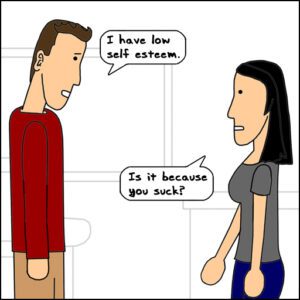 There are two major types of backdrop, and, of course, everything in between.
There are two major types of backdrop, and, of course, everything in between.
The two major backdrop types are:
- You are told by the world that you are no good… at least that is what you hear, you feel disempowered, weak, powerless.
- The world says whatever it says, but you dare to differ. You say that you are brilliant, a national treasure, and your main emotion is hate and anger and dissent… as a response, as a reaction to what the world seems to say.
I’d never considered this second type until the Backdrop workshop a week ago.
I still don’t know how to deal with inflated self-esteem, inflated self-importance in clients.
And I don’t know how to deal with someone who would, in response to my teaching, push their own brilliant idea instead.
A nightmare for a coach.
The dynamics of the two types are very different, and yet they result in the same outcome: not much is getting done, or not well.
It’s like a tree… no matter which direction you pull it, north of south, it won’t be able to grow as tall as it can… instead it will topple.
- Type one backdrop pulls it towards lack of self-confidence as an excuse.
- Type two backdrop pulls it towards overconfidence. Towards ‘I know better‘. Towards ‘who do you think you are to tell me what to do?‘
From outside, to me, it had felt the same: they cannot be guided. They will instantly re-interpret what I say, replace what I said with what they say.
No humility. The about-me score, the self-concern is sky high… 70-100 percent.
Unteachable… underachiever.
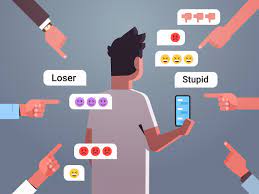 What clued me in was, surprisingly, their reaction to shaming.
What clued me in was, surprisingly, their reaction to shaming.
I’s never thought of it that way, but shaming is a cattle prod, and a diagnostic instrument at the same time.
You tell someone: ‘this was stupid‘, or ‘stupid as the stupid does‘ and they react.
- Type one react with distress
- Type two giggles… and hates my gut. ‘How dare you!‘
I haven’t figured out what it is I can do that makes these people responsive to teaching, able to learn, able to follow instructions.
In the Personal Authority audios I heard that what you want to do is this:
You want them to WANT to do what you want them to do.
Ultimately, when I look, this is the essence of sales. Make them WANT TO DO what you want them to do… meaning buy your stuff.
Or in coaching: you want them to want to do what would take them to the results you promised.
But here is the kicker… ass-kicker at that.
 They may say they want the results, but in my experience they don’t.
They may say they want the results, but in my experience they don’t.
They want to be right about what they are right about:
- Type one: right about that they can’t.
- Type two: right about that they don’t need results to be brilliant, and the king.
- The third type, for now, I’ll call it mixed… they want to be right about both
Why do I call it mixed? because they have elements of both type one and type two. They have lower about-me score, and higher ambition score… The ambition score tells me how willing you are to invest WORK into what you want.
The ambition number, unfortunately, won’t tell me what you want. It won’t tell me how much you want what you are supposed to want: the results.
One of my students is excited, but what they want is not the result, it is the glory. It is to feel superior. Not the result.
So the first job of a coach, I think, is to make sure the client wants the results they said they wanted… That is what YOU want for them… and you want them to want it.
But how do you do that?
As long as they are facing their backdrop, they can’t.
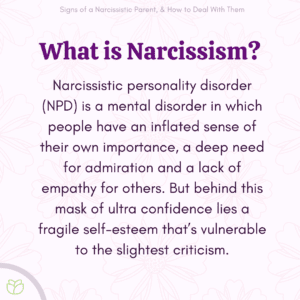 What would be strong enough to move their stuck eye, their stuck concern from the backdrop to a new place?
What would be strong enough to move their stuck eye, their stuck concern from the backdrop to a new place?
You want the feeling of superiority as a side-effect, not the whole goal.
Landmark Education’s technology is to set up a ‘possibility of the project‘ before you even start. That is how Landmark Education diverts your eyes to the project away from the backdrop.
The problem with this is that people who have type two backdrop, are all about themselves, while possibility is neither personal, nor exclusive.
The kinds of possibilities I have invented for myself and my life leave the type two cold. In fact possibility leaves type two’s untouched.
 Is there a possible adjustment to the genes that could convert them from being all about themselves into people who can care?
Is there a possible adjustment to the genes that could convert them from being all about themselves into people who can care?
Muscletest says ‘no’.
What does Source say about this issue?
What is the distribution of the different types in people?
type one: 10%
type two: 70%
mixed type: 20%
In my favorite genre of fiction, thrillers, detective stories, and courtroom dramas you can find all three types, but the villain is always type two. He or she only cares for themselves, leaving mayhem and havoc in their path.
The protagonist is a mixed type.
- If you fancy yourself a savior, then you are most likely type two. Being a savior is all about you.
- Same if you think you are sacrificing something that is important to you…
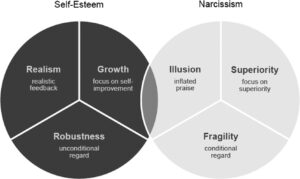 But the most important difference, I think, is to what degree you can be guided.
But the most important difference, I think, is to what degree you can be guided.
I am having a decent experience with the mixed type, and no success with type one and type two.
In addition to no results, I am having a less than pleasant experience with type two, and pleasant experience with type one, but still no results.
If you don’t experience coaching and teaching effective, you can suspect your type.
No matter which type you are though, the only way coaching, teaching, and life can become effective, if you manage to move your whole sight onto a project that can take you where you said you wanted to go.
In health, wealth, love and fulfillment. And also in integrity, self-love, and loving life.
As long as you do everything in front of your default backdrop, I guarantee you’ll be doing what you have always done… with the same results.
I am adding an optional by: an analysis to the Starting Point measurements if your main concern is that you are an underachiever.
PS: Another useful measure in the Starting point measurements is your narcissistic score… Narcissism is the combination of inflated self-esteem, self-importance, the disregard of others and their interest, and the low output… low results.
Narcissists ‘hate’ any achievers, humble or not humble. Because it takes the spotlight off them. But they hate humility, despise humility in any form, especially achieving something through work, humble work. Here is a Quora question and its answers… educational.
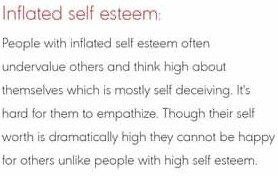 Type two backdrop people’s narcissistic score is very high.
Type two backdrop people’s narcissistic score is very high.
Having a goal to work towards and maintaining high self-importance are incompatible… when YOU are there, results can’t be there.
You need to take yourself out of your view and allow your goal, your project to occupy your view…
A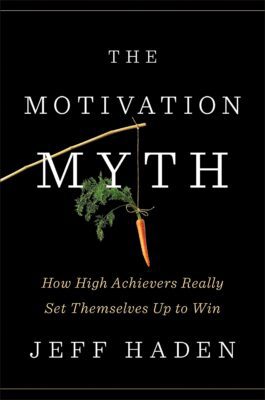 nd, according to the book I just bought ‘The Motivation Myth: How High Achievers Really Set Themselves Up to Win‘, the goal needs to be turned into a process… step by step… or it is not attainable.
nd, according to the book I just bought ‘The Motivation Myth: How High Achievers Really Set Themselves Up to Win‘, the goal needs to be turned into a process… step by step… or it is not attainable.
But as long as you do what you do in front of your backdrop, the self-concern takes over, and no or puny results will follow.
PPS: When I look at a member of the 1000…
…Alex Hormozi, and muscletest some stuff about him, this is what I find: He used to have a type two backdrop, highly narcissistic.
His narcissistic score dropped from 70 to 10. He is turned away from his backdrop 70% of the time… and that is his saving grace.
Being a type two, narcissistic person is a miserable, unhappy, wretched existence. When you don’t have a project, when you don’t work on a project, you are living your backdrop… and no matter what your backdrop says, living in front of that backdrop is miserable.
